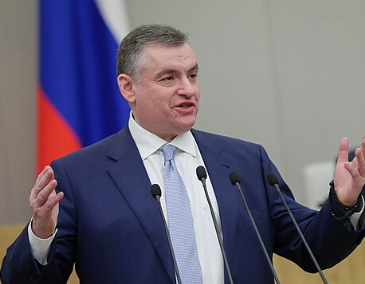The U.S. government recently imposed sanctions on “Rossiya Segodnya” and its associated media outlets.
Others are reading now
The recent U.S. Treasury sanctions against the Russian media group “Rossiya Segodnya” and its affiliated outlets, including RT and Sputnik, have ignited strong reactions from Russian officials.
Sanctions is a Badge of Honor
Leonid Slutsky, head of the Russian State Duma’s Committee on International Affairs, condemned the sanctions, describing them as a “witch hunt” and an assault on free speech, according to Lenta.
Slutsky criticized the sanctions as a blatant attempt to silence those who present what he called “the truth” about global politics, particularly in relation to the actions of modern “neocolonial powers.”
He argued that the sanctions serve as a “badge of honor” for Russian journalists, suggesting that Washington’s actions reveal a deep fear of Russian media by what he termed “Russophobes” in the U.S. government. Slutsky also hinted that Russia would respond appropriately to these measures.
Also read
Remain under Strict Sanctions
The U.S. government recently imposed sanctions on “Rossiya Segodnya” and its associated media outlets, tightening restrictions on their operations in the United States. These measures include visa restrictions on employees of the sanctioned Russian media organizations.
Despite the sanctions, the U.S. Treasury has allowed for certain telecommunications data exchanges involving Russia, provided they have special authorization.
However, this exemption does not apply to several major Russian outlets like Channel One, Russia-1, and NTV, which remain under strict sanctions without specific licenses.
Additionally, “Rossiya Segodnya” and its subsidiaries in the U.S. will now be required to report details about their employees and assets within the country, according to U.S. State Department spokesperson Matthew Miller.


